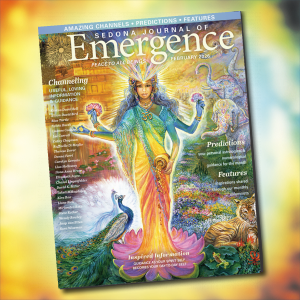GAIN without Pain: The Happiness Handbook for Health Care Professionals
GAIN without Pain: The Happiness Handbook for Health Care Professionals Greg Hammer, MD
Two potent inducers of stress are (1) uncertainty about the future and (2) a world that does not comport with our wants and needs. The coronavirus (COVID-19) pandemic has brought both conditions to the forefront along with rampant, worldwide stress. Stress causes increases in adrenaline and cortisol in our bodies, increasing heartrate, blood pressure, and blood sugar.
Acute stress could be adaptive, enabling us, for example, to escape a predator by focusing our attention and directing blood flow to our muscles enabling us to run faster. When stress lasts for days, weeks, and even months, however, it is maladaptive. Chronic stress has adverse effects on our immune system as well as our heart and blood vessels. Chronic stress also induces changes in our chromosomes akin to aging. We are all better off learning how to reduce stress by becoming more resilient in the face of adversity, especially during the current global coronavirus crisis.
There are four core pillars of resilience: gratitude, acceptance, intention, and nonjudgment. Together these principles form the acronym GAIN. We can practice GAIN beginning with a three-minute contemplation or meditation each morning; this will remind us of these essential elements of resilience throughout our day. Here are some examples of thoughts we might embrace during this time of extraordinary stress:








